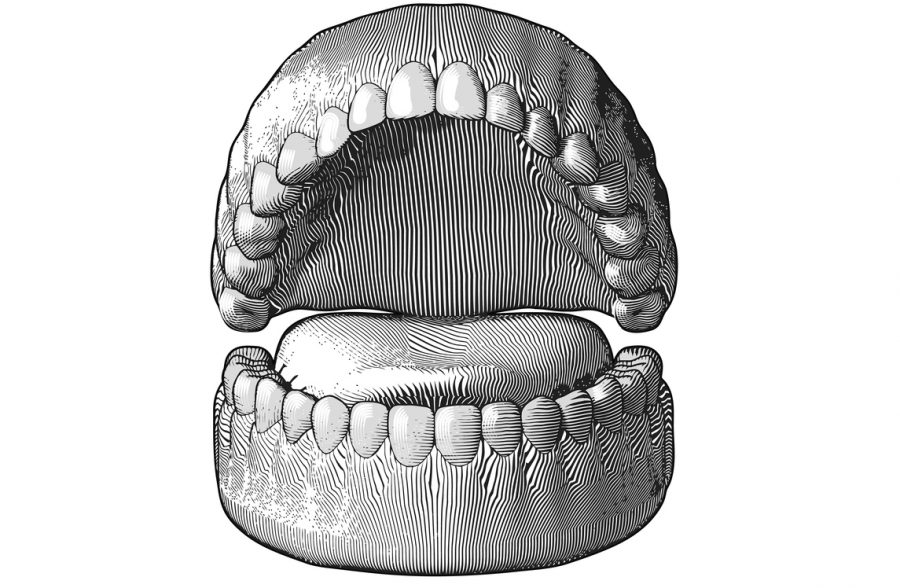The ancient Greek philosopher Aristotle was a big proponent of something called virtue ethics. It was an ethical theory primarily focused on how to develop human virtues (e.g. courage, ambition, patience, etc.), as opposed to creating ethical rules or measuring ethical outcomes.
In other words, the question for him was, “What would an ethical person do?” And not, “What should a person do to be ethical?”
One of the key points Aristotle emphasized throughout his writings is the importance of developing habits to become a virtuous person. Here are a few pertinent quotes.
“We are what we repeatedly do…excellence, therefore, isn’t just an act, but a habit and life isn’t just a series of events, but an ongoing process of self-definition.”
“We are the sum of our actions, and therefore our habits make all the difference.”
We are what we do. Excellence, therefore, is not an act, but a habit.
“It is easy to perform a good action, but not easy to acquire a settled habit of performing such actions.”
“Moral excellence comes about as a result of habit.”
“Excellence is an art won by training and habituation.”
The same concept can be applied to your oral health. For example, we know we should brush and floss twice per day. And we know the benefits that come from brushing and flossing, but…
We just don’t do it. How can we change that?
Take Aristotle’s advice. Start building a life long habit today and embrace the virtue of daily brushing and flossing.
Here are a few tips.
- Start small (maybe focus on brushing first)
- Commit to 30 days
- Keep it simple (don’t go on a shopping spree in the dental aisle at Target)
- If you slip, get back on the horse right away
- Be patient with yourself
- Let yourself be imperfect
- Avoid obstacles (e.g. getting into bed before brushing / flossing)
- Celebrate small wins (e.g. go out to dinner after the first 30 days)
If you are currently looking for a dentist in the Taunton, MA area, go see Dr. Mark Turner. He and his team will help you build that life long habit, but more importantly…you will make Aristotle proud.

